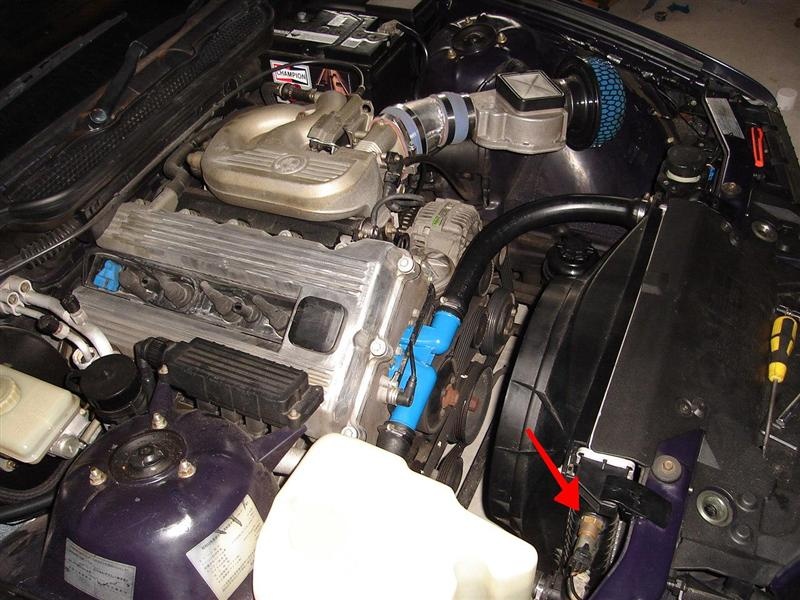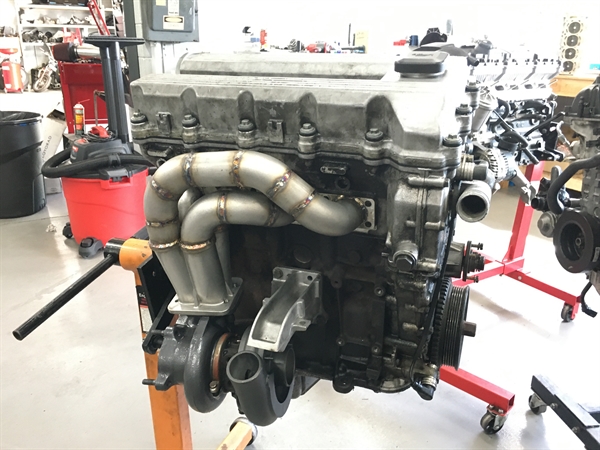Important Factors To Consider for Selecting the very best Engine for Your Demands
In the world of selecting the optimal engine to fulfill your needs, several vital factors demand careful consideration to guarantee ideal efficiency and efficiency. From the nuanced balance between power and performance to the often-overlooked elements of upkeep and solution requirements, each aspect plays an essential duty in identifying the most ideal engine for your specific needs.
Power and Performance
When examining engines for ideal efficiency, it is critical to focus on both power result and performance. Power outcome gauges the capacity of an engine to create power, which straight affects its performance. A high power outcome is crucial for requiring jobs such as sturdy applications or high-speed needs. It makes sure that the engine can manage the work successfully and effectively. Nevertheless, power alone is not sufficient; efficiency plays a significant duty in establishing the total efficiency of an engine. Efficiency describes exactly how well the engine converts fuel into useful power. A much more efficient engine will certainly provide much better mileage, reduced exhausts, and reduced operating expense. Striking the right equilibrium in between power output and performance is crucial to choosing an engine that meets your certain needs. It is vital to consider variables such as the meant usage of the engine, environmental impact, and long-lasting cost effects when making this decision. By carefully examining both power and efficiency, you can pick an engine that provides optimum efficiency and meets your demands effectively.
Fuel Effectiveness and Economic Situation
In the realm of engine choice, the factor to consider of gas performance and economy holds critical value. Gas effectiveness describes the engine's ability to transform gas right into power with minimal waste, directly impacting operating expenses and environmental sustainability. bmw 318ti. When picking an engine, reviewing its gas economy is important to figure out long-lasting cost savings and environmental influence. Engines with greater gas performance not just minimize gas costs but likewise reduce carbon discharges, contributing to a greener operation.

Compatibility and Application
Considering the gas efficiency and economic situation of an engine, the following essential facet to address is its compatibility and application within particular functional contexts. Compatibility refers to just how well the engine incorporates with the total system or devices it powers. It involves variables such as physical dimensions, placing choices, electric user interfaces, and control systems. Making sure compatibility is necessary to prevent problems such as getting too hot, vibrations, or power discrepancies (bmw 318ti).
In addition, the application of the engine is equally crucial. Various engines are developed for particular objectives, whether it be commercial machinery, marine vessels, cars, or power generators. Recognizing the intended application enables the choice of an engine that can supply the needed power output, torque, and operational qualities. A high-revving engine developed for performance cars and trucks would certainly not be suitable for durable construction equipment that requires high torque at low speeds.
Upkeep and Service Demands
Upkeep and service demands play an essential duty in guaranteeing the durability and optimum performance of an engine. Routine upkeep is important to stop failures, extend the life expectancy of the engine, and keep its efficiency. When selecting an engine, it is essential to think about the maker's advised maintenance schedule and the availability of service centers or qualified service technicians.
Variables such as the regularity of oil changes, filter replacements, and overall evaluations can considerably affect the engine's efficiency. Some engines might need even more constant maintenance based on their style and usage, while others may have longer intervals between maintenance checks. It is crucial to stick to these solution demands to prevent expensive repair services and unforeseen downtime.

Cost and Spending Plan Considerations
Spending plan restrictions typically play a considerable role in the decision-making procedure when choosing an engine for a particular application. When taking into consideration the cost and spending plan ramifications of picking an engine, it is necessary to evaluate not just the preliminary acquisition price yet likewise the lasting costs connected with maintenance, gas consumption, and possible upgrades or repairs. It is critical to about his strike a balance in between the in advance price of the engine and its overall lifecycle prices to ensure that the picked engine remains economically sustainable throughout its operational life-span.
Variables such as gas longevity, integrity, and performance can straight affect the overall expense of possession of an engine. While an extra costly engine might have higher upfront costs, it could possibly result in reduced maintenance and gas expenditures over time, thus offering better value in the lengthy run.
Conclusion

Gas efficiency refers to the engine's capacity to transform fuel into energy with marginal waste, straight affecting operating prices and ecological sustainability.Variables affecting gas effectiveness consist of engine layout, burning efficiency, and total performance optimization. Furthermore, selecting the appropriate fuel type and grade as recommended by the engine manufacturer can better improve efficiency and lengthen engine life expectancy.
Engines with excellent serviceability attributes and readily offered components can minimize upkeep prices and minimize the time the engine is out of operation - bmw 318ti. It is essential to strike an equilibrium in between the ahead of time cost of the engine and its general lifecycle costs to guarantee that the selected engine remains monetarily sustainable throughout its functional life right here expectancy
Comments on “BMW 318ti: Performance Specs and Characteristics Explained”